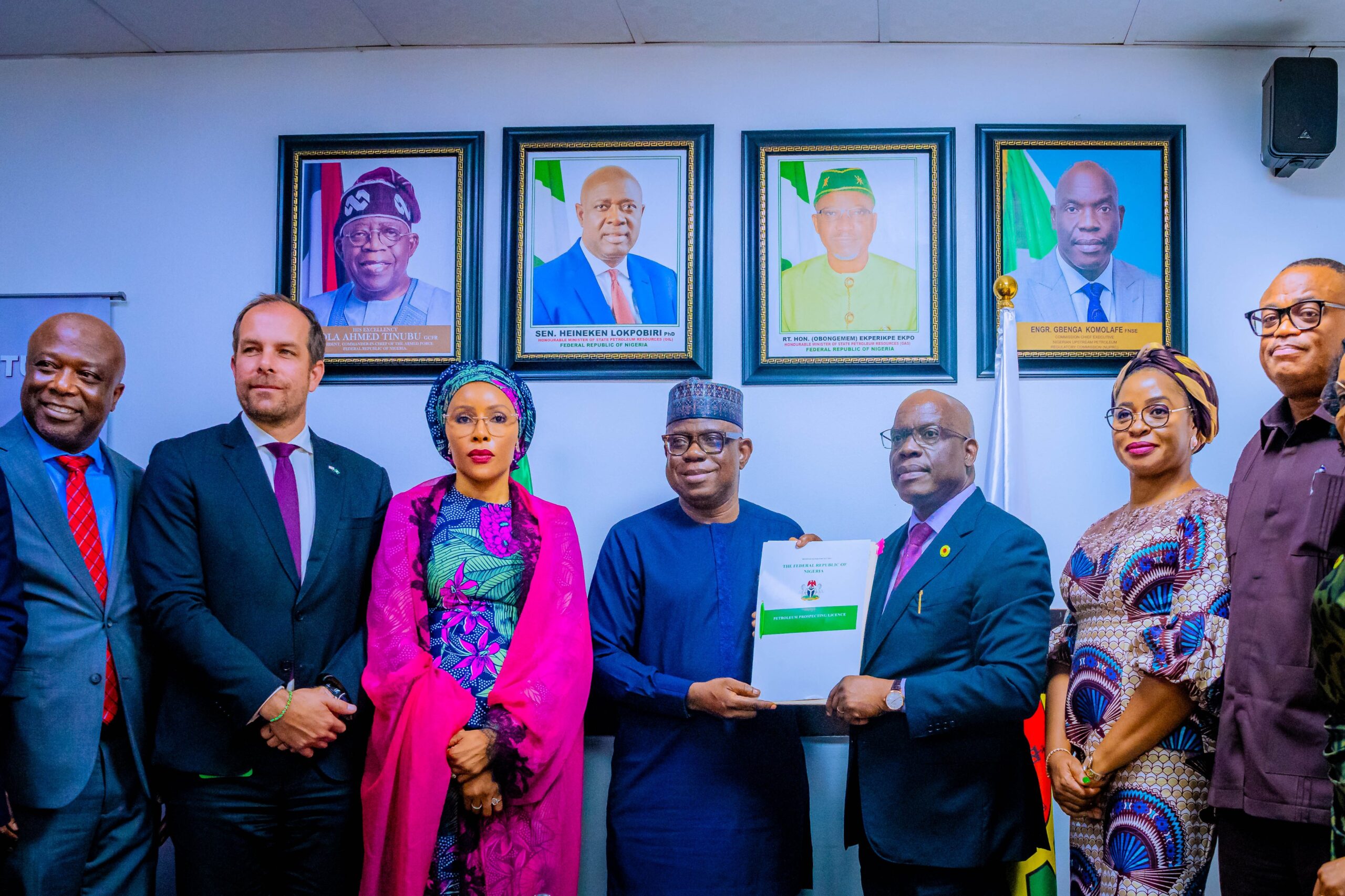Omolabake Fasogbon
A new study has cautioned on the dangers of rising air pollution on humans in developing nations (Nigeria inclusive), blaming it largely on regulatory gaps.
The study, with the theme: ‘Air Quality Monitoring in Schools: Evaluating Effects of Ventilation Improvements on Cognitive Performance and Childhood Asthma’, disclosed that 99 percent of global population is being exposed to air exceeding World Health Organisation (WHO) guidelines, and behind seven million premature deaths annually.
It noted, however, that developing countries and their vulnerable populations are worst hit, especially in Nigeria, India, and Brazil presently grappling with the menace engendered by rapid urbanisation and increased industrial activity.
The study further highlighted how WHO can salvage the situation by guiding policy reforms, citing WHO’s goal of 50 percent reduction in PM2.5 exposure by 2030 as a potent measure against mortality and morbidity linked to the threat.
Commenting on the study published in 2025, one of the authors/Public Health expert, Dr. Chekwube Martin Obianyo, lamented the poor enforcement of environmental policies as thwarting efforts to stem the tide.
Obianyo, during a virtual media session recently, analysed measures by both industrialised and developing nations to tackle the scourge, noting that stringent regulations and innovative technologies have spurred remarkable progress in the former.
“For instance, the United States has recorded a 78 percent decline in major pollutants since 1970, while Europe has slashed sulfur dioxide and fine particulate matter levels by over 60 percent since 1990,” he said.
The expert submitted, however, that progress in developing countries remains stifled by weak regulations, poor infrastructure, and health burden of worsening air quality.
According to him, “The use of biomass fuels for cooking and heating, uncontrolled industrial emissions, and rising vehicular pollution are critical challenges we see across many low-income countries.
“Also, disparity in policy enforcement, industrial practices, and technological adoption between high-income and low-income nations have created a worrying divide that we must urgently bridge.”
The Georgia Southern University scholar reminded also of the economic cost of air pollution, accounting for an estimated 1.8 percent of global GDP loss, urging nations to leverage community-driven solutions and cross-border collaborations.
“AI tools and satellite monitoring have become essential in identifying pollution hotspots, predicting trends, and evaluating the impact of interventions in real-time,” he stated.


